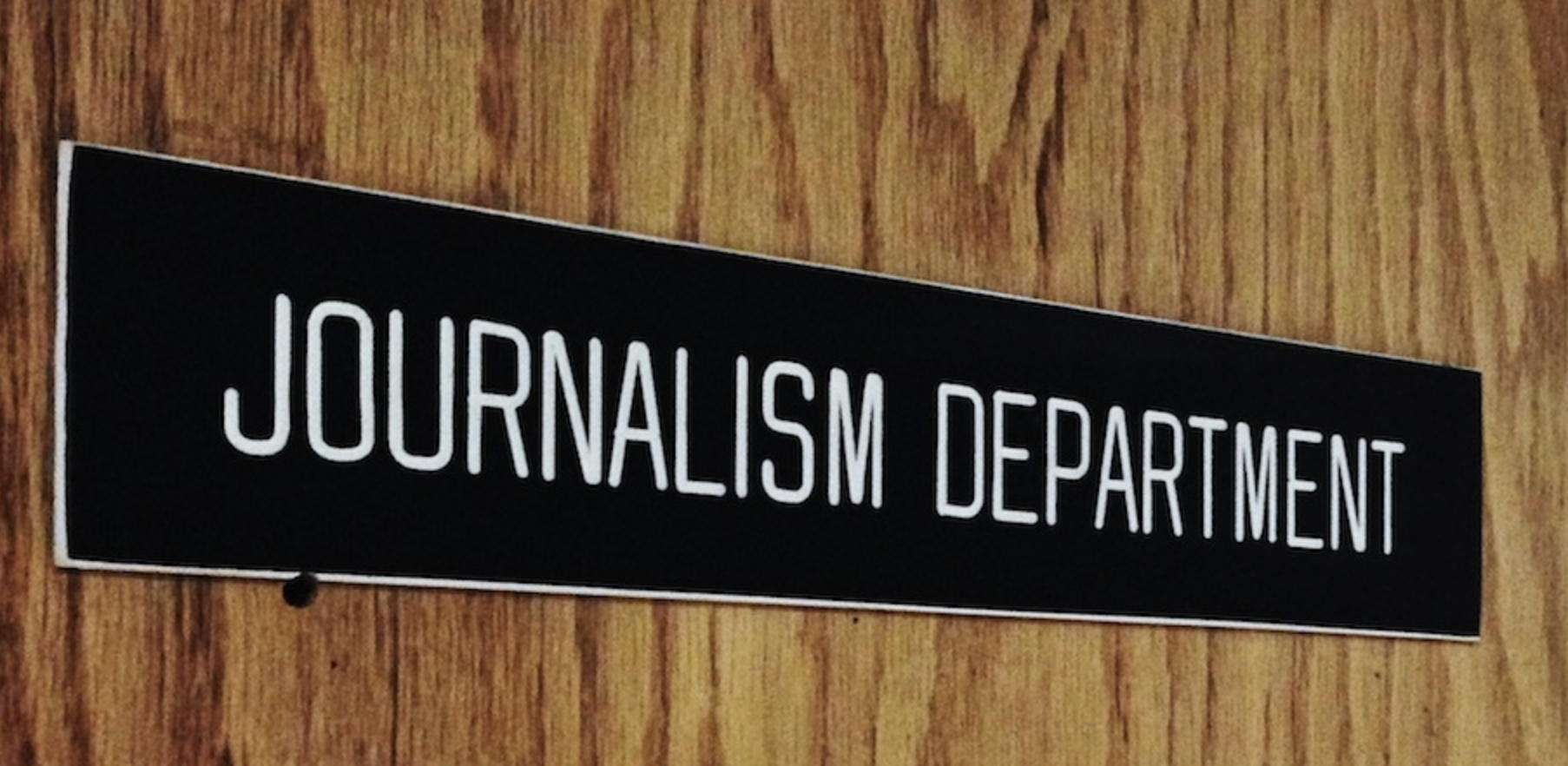Journalism professors at Christian colleges and universities know the drill all too well.
Semi-official reports spread that something terrible has happened on or near campus. It may be an accident that was said to have involved alcohol and a student driver. It may be rumors about a sexual assault. It may be a suicide or attempted suicide.
At the student newspaper, students are sure they know what happened and want to run the story. When they contact administrators – as they should – they are told that no one can comment because, first and foremost, this is a private school, student-discipline issues are involved and officials cannot comment because of privacy laws.
What next? After decades in Christian higher education, here is the question that I teach students to ask: Did this event lead to a public police report?
The goal is to get past the "everyone knows what happened" stage. Rumors are not enough. Gossip is not more Christian than journalism.
Truth is, journalism educators have to understand that concerns about privacy laws are very real for leaders at private schools and universities. And if administrators cannot comment about campus discipline issues – including faculty cases – then it's hard for students to provide accurate, balanced, fair reports about these stories.
At the moment, debates about journalism and faith have been stirred up – yet again – by a Washington Post essay by Will Young, former editor of the student newspaper at Liberty University.
Readers should focus on this passage: "In my first week as editor in chief of the Champion ... our faculty adviser, Deborah Huff, ordered me to apologize. I'd noticed that our evangelical school's police department didn't publish its daily crime log online, as many other private university forces do, so I searched elsewhere for crime information I might use in an article. I called the Virginia Association of Campus Law Enforcement Administrators to find out what the law required Liberty to disclose. But the public affairs worker there told the Liberty University Police Department, which complained to Huff. ... Huff and Chief Richard Hinkley convened a meeting inside a police department conference room, and Huff sat next to me while I proffered the forced apology to Hinkley – for asking questions. Huff, too, was contrite, assuring the police chief that it wouldn't happen again, because she'd keep a better eye on me."
It's safe to assume – during the President Donald Trump era – that there are other journalism-related conflicts at Liberty. In my experience, about 90 percent of problems in Christian college newspapers are caused by editorials written by students who lacked the patience and skills to produce fair, accurate stories about valid news topics on their campuses. It's much easier to spout opinion.
Is that what happened at Liberty? It would appear that these conflicts centered, at least in part, on real news. Think about that clash over attempts to locate public reports on campus safety and crime.
Let me state this again: privacy law issues are crucial at private schools – religious and secular – and I have always stressed that with my students. But that doesn't mean student journalists who study on faith-driven campuses cannot learn how to produce fair, accurate and balanced news reports under these challenging circumstances.
Professors may have to spike some features because they do not prove what editors claim they prove, or they are actually opinion pieces with little hard-news content. Also, I am assuming that journalism professors play a leadership role in maintaining high standards for reporting and editing, not that they screen news copy while following public-relations standards set by administrators.
The bottom line: It's in the interest of Christian colleges to offer real journalism programs that produce as much news as possible, while acknowledging privacy issues that affect life on private, faith-based campuses. I always tell students: "There are a few stories we cannot cover, but we can find a way to cover the crucial subjects in campus life."
College leaders should think of this as an academic challenge.
If religious schools will let qualified journalism professors do their jobs, it's possible for students to learn how to do balanced, factual stories about tough subjects. Students can get the job done — if administrators are candid enough to work with them in good faith.


